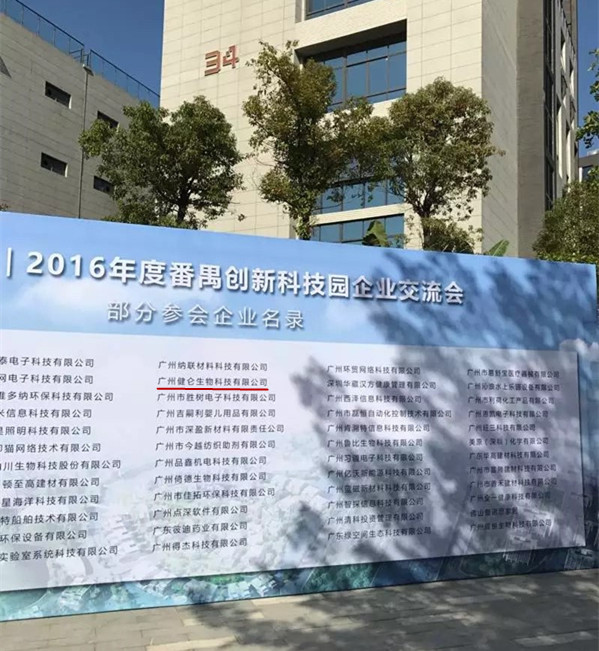- 产品描述
Q热IgM(一、二阶段)免疫荧光玻片试剂盒
Coxiella burnetii IgM IFA Kit
广州健仑生物科技有限公司
主要用途:用于检测人血清中的Q热IgM(一、二阶段)抗体
产品规格:12 孔/张,10 张/盒
包括包柔氏螺旋体菌、布鲁氏菌、贝纳特氏立克次体、土伦杆菌、钩端螺旋体、新型立克次体、恙虫病、立克次体、果氏巴贝西虫、马焦虫、牛焦虫、利什曼虫、新包虫、弓形虫、猫流感病毒、猫冠状病毒、猫疱疹病毒、犬瘟病毒、犬细小病毒等病原微生物的 IFA、MIF、ELISA试剂。
Q热IgM(一、二阶段)免疫荧光玻片试剂盒
我司还提供其它进口或国产试剂盒:登革热、疟疾、西尼罗河、立克次体、无形体、蜱虫、恙虫、利什曼原虫、RK39、汉坦病毒、深林脑炎、流感、A链球菌、合胞病毒、腮病毒、乙脑、寨卡、黄热病、基孔肯雅热、克锥虫病、违禁品滥用、肺炎球菌、军团菌、化妆品检测、食品安全检测等试剂盒以及日本生研细菌分型诊断血清、德国SiFin诊断血清、丹麦SSI诊断血清等产品。
欢迎咨询
欢迎咨询2042552662

二维码扫一扫
【公司名称】 广州健仑生物科技有限公司
【】 杨永汉
【】
【腾讯 】 2042552662
【公司地址】 广州清华科技园创新基地番禺石楼镇创启路63号二期2幢101-3室
【企业文化】


斯特凡·黑尔:挑战百年既定法则
自1990年获得海德堡大学博士学位后,斯特凡·黑尔一直在寻找一种方法,希望能绕开阿贝定义了一个多世纪的衍射极限。挑战一个既定法则的想法是诱人的,但他的热情遭到了德国资深科学家的质疑,因此,黑尔躲到了芬兰,图尔库大学一位研究荧光显微镜的教授将他纳入了自己的研究团队。
所谓荧光显微镜,就是一种利用荧光分子,比如可与特定细胞DNA(脱氧核糖核酸)耦合的荧光抗体,来对细胞的某个部分成像的技术。如果抗体与DNA耦合,它们会在细胞的中心发光。这种方法可让科学家看到特定分子所处的位置,但他们找到的是一团分子,比如纠缠的DNA的链,过低的分辨率使他们无法分清单个的DNA链。
1993年,当黑尔在翻阅一本量子光学教科书上有关受激发射的内容时,突然灵光乍现——受激发射可以让荧光分子“熄灭”。1994年,黑尔发表文章阐述了自己的想法。他提出了所谓的受激发射损耗(STED)方法:利用一束光脉冲激发的所有荧光分子,而另一束光脉冲“熄灭”荧光,但每次保留一部分体积约纳米大小分子发着光。用这样一个纳米“手电筒”沿着样品扫描并连续地测量光强度,就能够获得一张综合的图像。每次扫描时保留的荧光分子体积越小,zui终图像的分辨率就越高,因此,从理论上来说,光学显微镜的分辨率再无任何限制了。
Stefan Hale: challenge a hundred years of established law
Stephane Hale has been searching for a way since he received his Ph.D. from Heidelberg University in 1990, hoping to circumvent Abe defining the diffraction limit of more than a century. The idea of challenging an established law was tempting, but his passion was questioned by German veteran scientists, so Hale hid in Finland and a professor at Fluke University studying fluorescence microscopy included him in his research team .
A so-called fluorescent microscope is a technique that uses a fluorescent molecule, such as a fluorescent antibody that can be coupled to a specific cellular DNA (DNA), to image a part of a cell. If antibodies are coupled to DNA, they will glow in the center of the cell. This method allows scientists to see where specific molecules are located, but they find a group of molecules, such as entangled DNA chains, whose low resolution prevents them from differentiating between individual DNA strands.
In 1993, when Hale glanced through a Quantum Optics textbook about stimulated emission, suddenly Emmanuel emerged - stimulated emission can make fluorescent molecules "extinguished." In 1994, Hale published an article describing her own ideas. He proposed the so-called stimulated emission loss (STED) method: using one pulse of light to excite all fluorescent molecules, while the other burst of light "extinguished" fluorescence, but each time a fraction of the nanometer-sized molecules remain in the volume of light. With such a nano "flashlight" along the sample scan and continuous measurement of light intensity, you can get a comprehensive image. The smaller the volume of fluorescent molecules retained per scan, the higher the resolution of the final image, so theoretically there is no limit to the resolution of the optical microscope.



